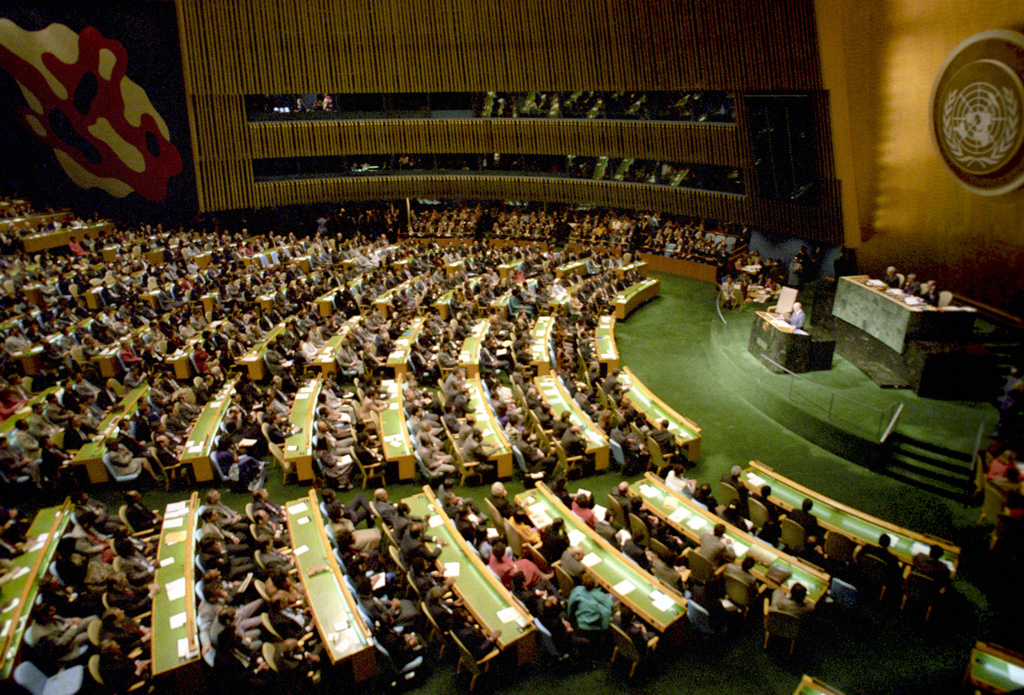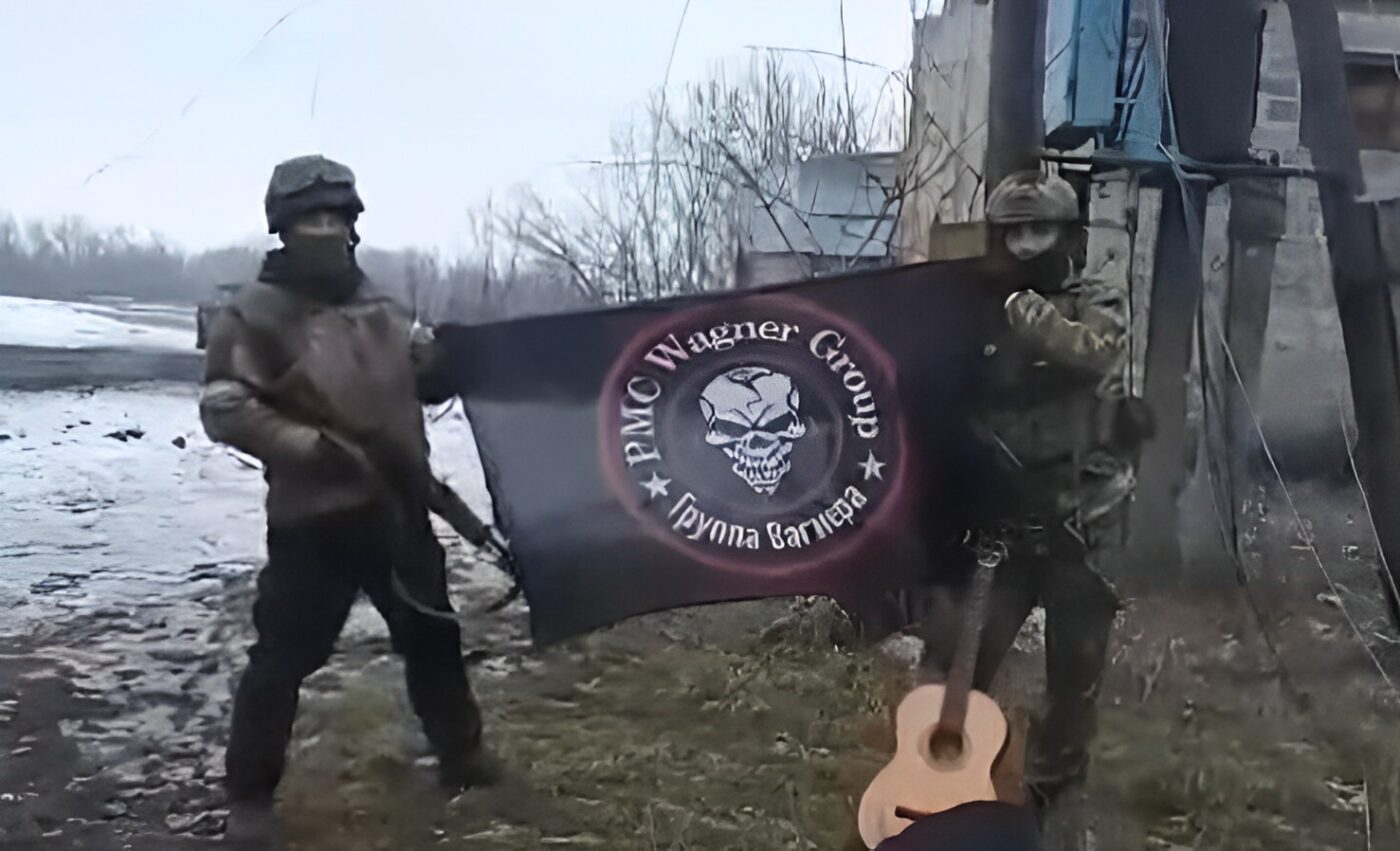This article is an opinion piece and its contents represent the standpoint of its author and not UPF Lund or The Perspective’s editorial board.
On June 23, 2023, Yevgeny Prigozhin’s public statement grabbed the whole world’s attention. He initiated a rebellion against the Russian Federation. This statement was so important because Mr Prigozhin was the leader of the Wagner Group, a paramilitary or private military company with approximately 50,000 mercenaries, which, until his statement, was backed by the Russian government. The motive for the rebellion was a growing rift between the Russian Ministry of Defense and the Wagner Group. Prigozhin asserted that the Russian government’s rationale for invading Ukraine was based on untruths, contending that the invasion aimed to advance the interests of Russian elites. He also refuted any allegations of Ukrainian escalation before February 24, 2022. The rebellion finished the next day as abruptly as it started. The intentions are still not completely clear to this day. Some analysts believe Prigozhin hoped the regular Russian army would rise up alongside him. Mr Prigozhin controlled many combatants, yet there was likely no chance to match the Russian Armed Forces. Prigozhin must have known that by making the statement he would become a public enemy of Russian President Vladimir Putin—basically signing his own death sentence. He had no shortage of enemies. Last year on the 23rd of August, Prigozhin died in a plane crash.
Ten years ago one of our writers, Otso Rajala, wrote an article entitled “Outsourcing Warfare – Mercenaries on the Rise”. There he described an increasing reliance on private security forces and its dangers. He wrote, “ [the] Russian parliament is currently discussing a bill that would allow private military companies to operate inside and outside of Russian borders”. The bill would not be approved. The prohibition to create or operate Private Military Companies can be found in Article 13 of the Russian Constitution and in the criminal code, but unfortunately, it is not applied or applied just in a politized manner. The reasons for not allowing such a bill can be traced to the Renaissance. In his political essay “The Prince”, Niccolò Machiavelli described the consequences of counting on mercenaries—“Mercenaries are useless and dangerous”. He wrote that they were disunited, ambitious, without discipline, and, most importantly, unfaithful. War is their business, and peace is not something they have any interest in.
Mercenaries are not a new phenomenon. Most of the battles during the Middle Ages were mercenaries’ wars. Why? Due to economic and social implications that entail training an army for years, it was simply easier to rent a professional army. This was a good example of the labour division designed by Adam Smith some centuries later. The division of labour is a method where tasks within a society or organization are allocated to individuals or groups based on their skills, abilities, or specialised training, ultimately contributing to increased efficiency and productivity.


Russia is far from being the only country where mercenaries have impacted political life. On July 7, 2021, Colombian mercenaries entered the residence of Haitian President Jovenel Moïse and killed him. The reason for his assassination is not fully known but most evidence points to Ariel Henry, the prime minister appointed suspiciously shortly before Jovenel’s death. It is still unclear how much the Colombians knew about the plan and who contracted them. Some of these mercenaries stated that they did not even know whose residence belonged to nor did they plan to kill him. What is clear is that Colombian mercenaries are all over the world, from Ukraine to the United Arab Emirates, from Afghanistan to Haiti. They have been recruited for their proven combat experience and their professional training is also relatively cheap to pay.
In recent years, countries have been more inclined to count on mercenaries. An extreme case of dependency on mercenaries is in the United Arab Emirates. The UAE has a small population, big oil resources, and even bigger political aspirations. Its army is made up of mercenaries from all over the world who have been deployed in nearby countries such as Yemen and Sudan to protect the interests of the authoritarian political elite of the UAE. Some of these mercenaries’ dirtier deeds that the mercenaries have conducted are targeting assassination programs of UAE’s political enemies in the Middle East.
Even democratic countries may be tempted to use private military contractors in the future. The U.S. wars in Afghanistan and Iraq exemplify that using mercenaries may be a rational decision to avoid angering its citizens. In 2020 for each US soldier in Afghanistan, there were 3 contractors. The number of American contractors killed in Afghanistan exceeded the number of US military casualties during the conflict.
A global problem like the mercenaries has been worked by the UN for several years. The UN Mercenary Convention is a treaty to prohibit the recruitment, training, use, and financing of mercenaries.


“You don’t count the deaths when God is on your side,” said Bob Dylan’s critique song “With God on Our Side”. These lyrics are used to represent the millions of soldiers killed in World War I just to gain a few meters of land, but they can also be applied to the mercenary context. Mercenaries are often not counted in official statistics, which has allowed governments to have a lower “body count” of deaths and those wounded. Public discomfort regarding wars can increase with the news of soldiers returning home either wounded or dead. Since it is becoming more difficult for states to attract young citizens to serve in their armies, governments can decide that the solution for their defence is to contract private armies. Maybe the future of European defence will be reliant on mercenaries.
Mercenaries are private military contractors, implying that a private enterprise employs them. As private companies have become richer they have a bigger disposition of resources to accomplish their goals. For example, some rare minerals are extracted in countries with restricted control of their territory. These countries understand their incapability to secure their territory and cede their monopoly of violence to private security companies, each time with a more sophisticated arsenal in charge.
Mercenaries are here to stay. Maybe we will see them in the foreseeable future toppling governments or initiating civil wars. Perhaps the conquest of space will be done by mercenaries. As a reminder, the expeditions to discover America and the first stage of its colonisation were fully conducted by mercenaries with the permission of the Spanish crown. I am no one to predict the future. But unless the matrix fails me, in some years we may well see the Tesla army against the Volvo army fighting for the control of a mine to extract some rare mineral used in electric car production.
By Ernesto Santiago
February 16, 2024








